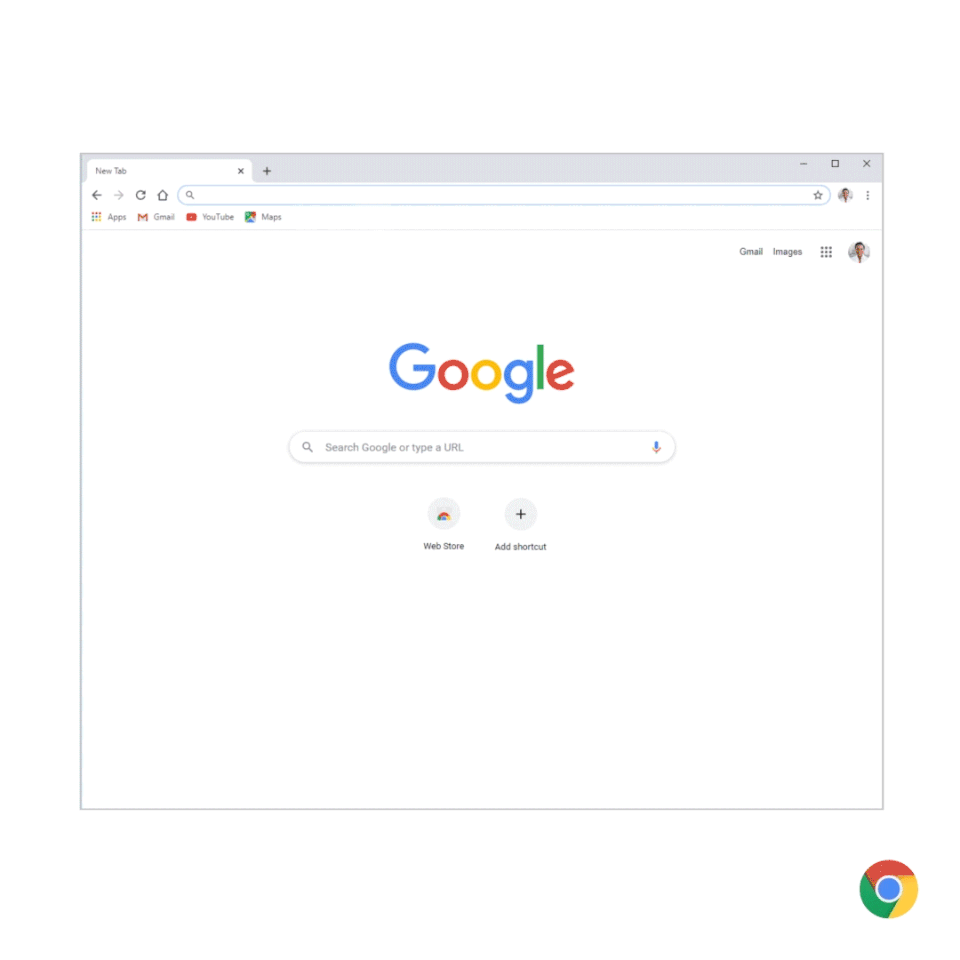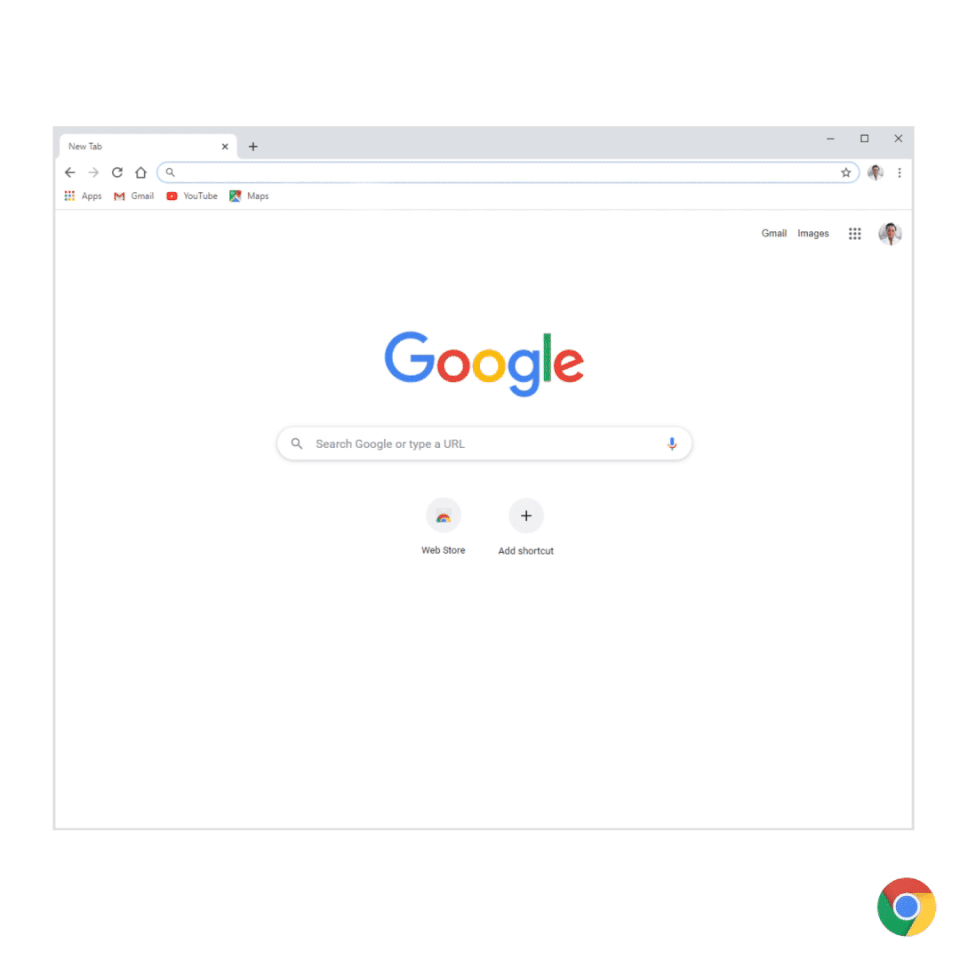Chrome is getting more intuitive privacy and security controls
Google is redesigning the desktop Site Settings page to be more useful.
Until now, completing common security tasks in Chrome, like managing cookies, required wading through menus in a clumsy way. In an attempt to make controls more intuitive and useful, Chrome is rolling out a redesign of its desktop settings.
For starters, Chrome is restructuring its Site Settings page. Controls will be grouped into two sections so that it’s easier to find the most sensitive website permissions, like access to your location, camera or microphone. At the top of the Site Settings page, you’ll see “You and Google,” which will allow you to decide which data is stored in your Google account and made available across devices.

Chrome is also making it easier to manage cookies, and in Incognito mode, it will block third-party cookies by default. In its Privacy & Security section, Chrome is bumping the “clear browsing data” option to the top of the page, so you can clear your slate that much faster.
A new safety check tool will, among other things, tell you if a password you’ve asked Chrome to store has been compromised or tell you how and where to remove a malicious extension if it’s installed. A puzzle icon will give you control over the data that extensions can access on sites you visit, and a new section will show your most recent permissions activity.

If you want to go further, there are two new security upgrades you can opt into. If you turn on Enhanced Safe Browsing, Chrome will proactively check whether pages and downloads are dangerous. The other feature, Secure DNS, will help prevent attackers from observing what sites you visit or sending you to phishing websites.
While it feels like most things are stalled due to the COVID-19 pandemic, these changes -- which will arrive in the coming weeks -- are among several that Chrome announced this month. Chrome says it will soon block resource-demanding ads. It will group tabs together to help users stay more organized, and Android’s real-time captioning will soon be available for Chrome on desktop.
